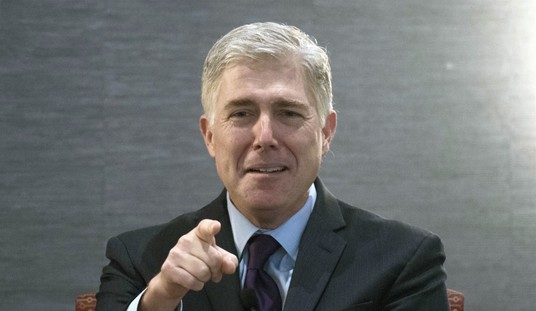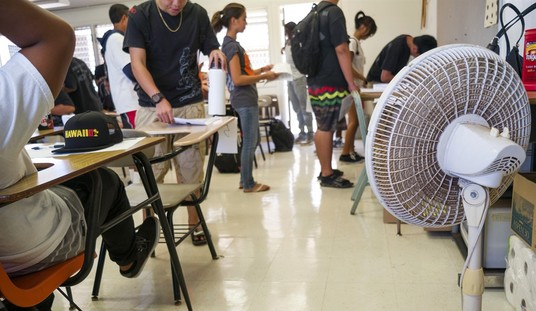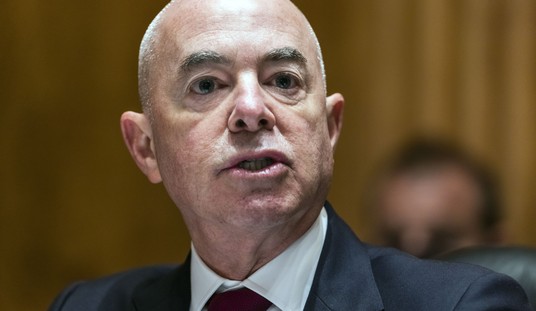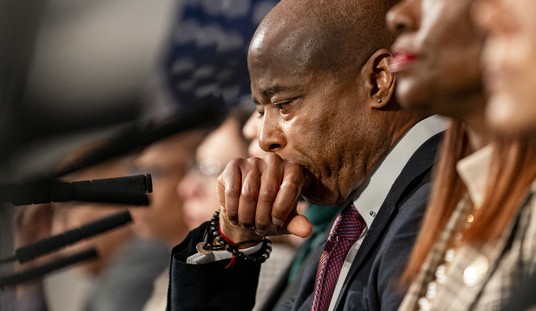It is worth noting that the fight against Planned Parenthood is not over. I say this because in many ways, it seems the extent of the fight in some people’s minds hinged on either legislative action against PP or a strong shakedown of Cecile Richards in front of the House committee. Neither of those things occurred. I don’t expect the spineless members of Congress to grow courage or sense anytime soon, and I also don’t expect someone to seriously challenge Richards in an effective way. We need to see things for how they are, not just how we want them to be.
While a “win” for the Left, PP, and pro-abort crowd seems apparent, do not be fooled into thinking their path is suddenly free from obstacle. Those incensed at the assault on the sacred nature of unborn life are not silent. For example, the #ProtestPP coalition is heading up another event. Their first nationwide event took place on August 22. Their second takes place this Saturday, October 10. Locations can be found here.
Planned Parenthood officials are advising Democratic state legislators against even acknowledging the pro-life side of the abortion debate.
Deirdre Schifeling, the national director of organizing and electoral campaigns for the Planned Parenthood Federation of America, spoke to a crowd of Democratic state legislators at the State Innovation Exchange conference in Washington, D.C., Friday. Schifeling advised candidates about how to grow support for pro-choice policies.
“Talking about the complexity, talking about ‘it’s a personal decision,’ but not going so far as to say ‘I recognize some people think this is a sin’, or ‘this is immoral’,” Schifeling said. “Not necessary, not helpful.”
No, it’s not helpful to their well-oiled machine of death. So please, continue.
The best example of the difficult path for pro-aborts is seen in Texas. You may remember flash-in-the-pan Texas gubernatorial candidate Wendy Davis. All that pink tennis-shoed girl power and feminist rhetoric did nothing for her, and she lost to Greg Abbott. She became popular after her eleven-hour filibuster on the floor of the Texas Senate against legislation that would restrict abortion. Ultimately, the bill passed both houses, and then-Governor Rick Perry signed the legislation, changing the abortion culture in the Lone Star State. Since the bill has been implemented, Texas abortion clinics have been drastically reduced. In March 2014, The New York Times reported
There were 44 facilities that performed abortions in Texas in 2011, abortion providers said. After the two closings on Thursday, there are now 24, they said.
In June of this year, Fund Texas Choice listed the following on their website:
As of June 9, 2015, the Fifth Circuit has upheld the constitutionality of HB2 except as applied to Whole Woman’s Health McAllen. This leaves 10 clinics.
TEN. From fourty-four. The road for the pro-abort crowd is rougher, especially in Texas, and they know it. Slate, eager to shift the narrative in similar ways, posted a piece on October 5 titled “Shuttering Texas Abortion Clinics Means More Second-Term Abortions”. They’re mistaken if they believe those in the pro-life crowd breathe a sigh of relief when abortions are performed in the first term. If we hold fast to the life-begins-at-conception scientific fact, then abortion from then on and at any point is immoral, to use a term Deirdre Schifeling of PP just hates. The Slate article does not contain facts proving more 2nd term abortions are actually occurring, only conjecture and scare tactics. These are surely aimed at pushing Texans into demanding clinics be reopened.
Even in states where abortion providers are able to fully meet the demands of their patients, abortion is a time-sensitive endeavor. Second-trimester abortions are more expensive and carry a higher risk of medical complications than earlier ones. And in many states, an appointment is just the first step in a long, heavily legislated procedure. In Texas, an abortion-seeker must visit the abortion provider twice in more than 24 hours and listen to a doctor describe her fetus’s development during an ultrasound. If she can’t get into a clinic for the abortion in the first 20 weeks of her pregnancy, she can’t get an abortion in Texas at all.
My conclusion after reading that paragraph? Texas is doing it right, and other states should follow suit. The longer wait time, the increased number of appointments, and an ultrasound and description of fetal development do much to give an unborn child a fighting chance at entrance into this world. I can think of nothing better than making it more difficult to have abortions, these which are essentially just birth control for sake of convenience, not for life of the mother.













Join the conversation as a VIP Member